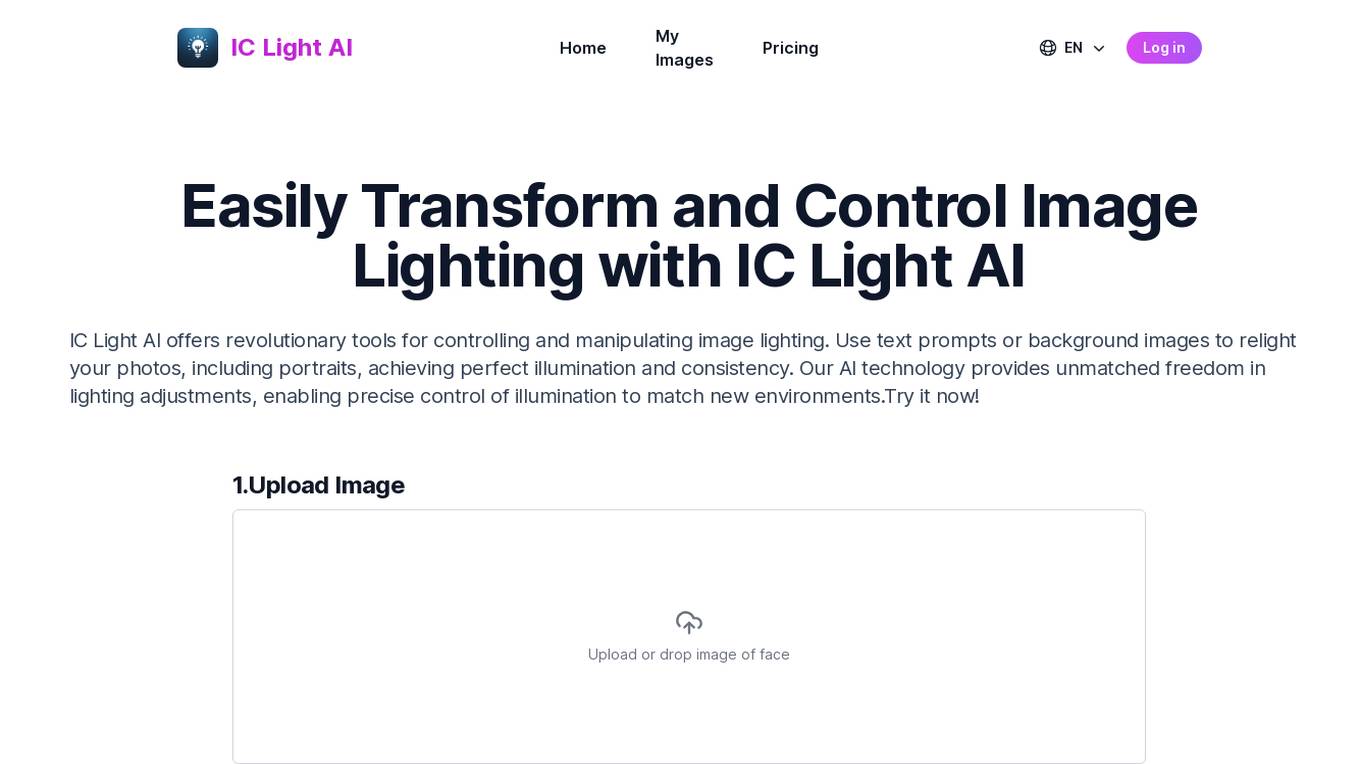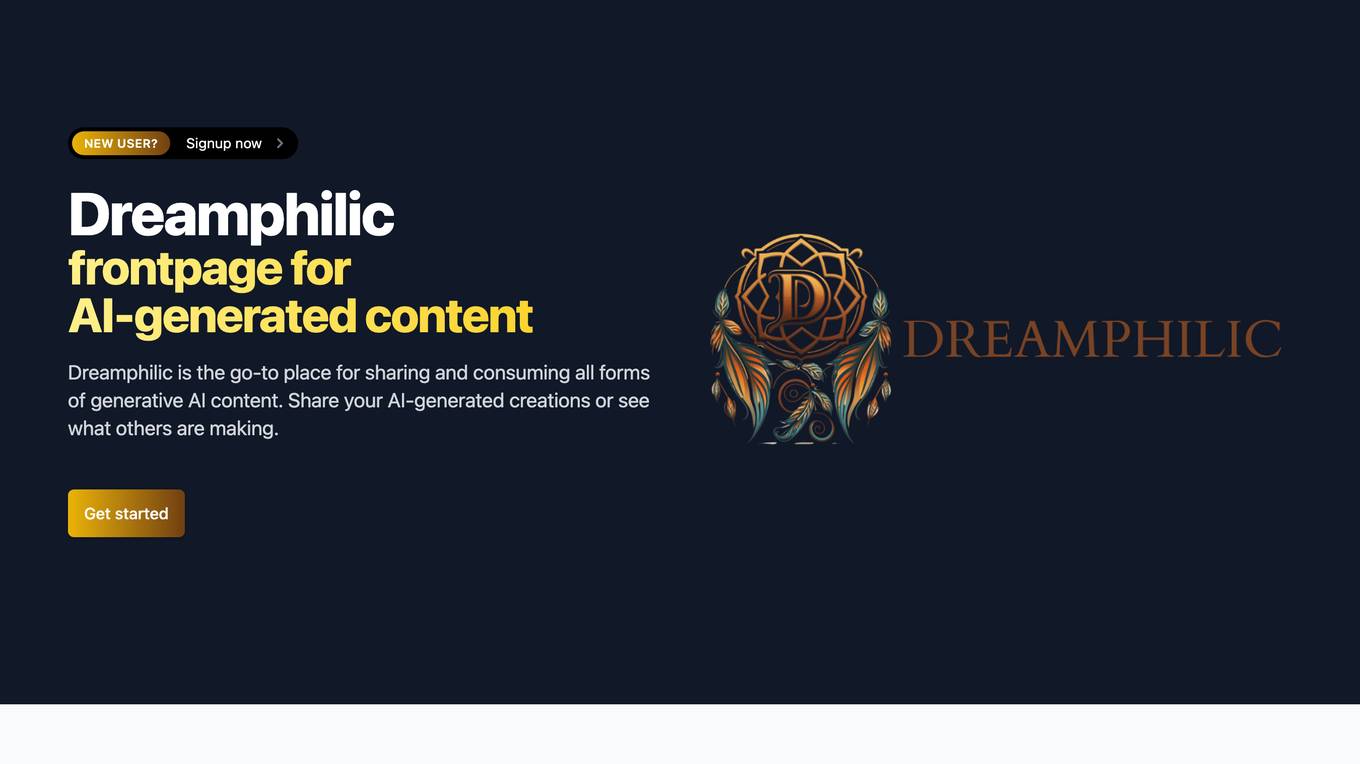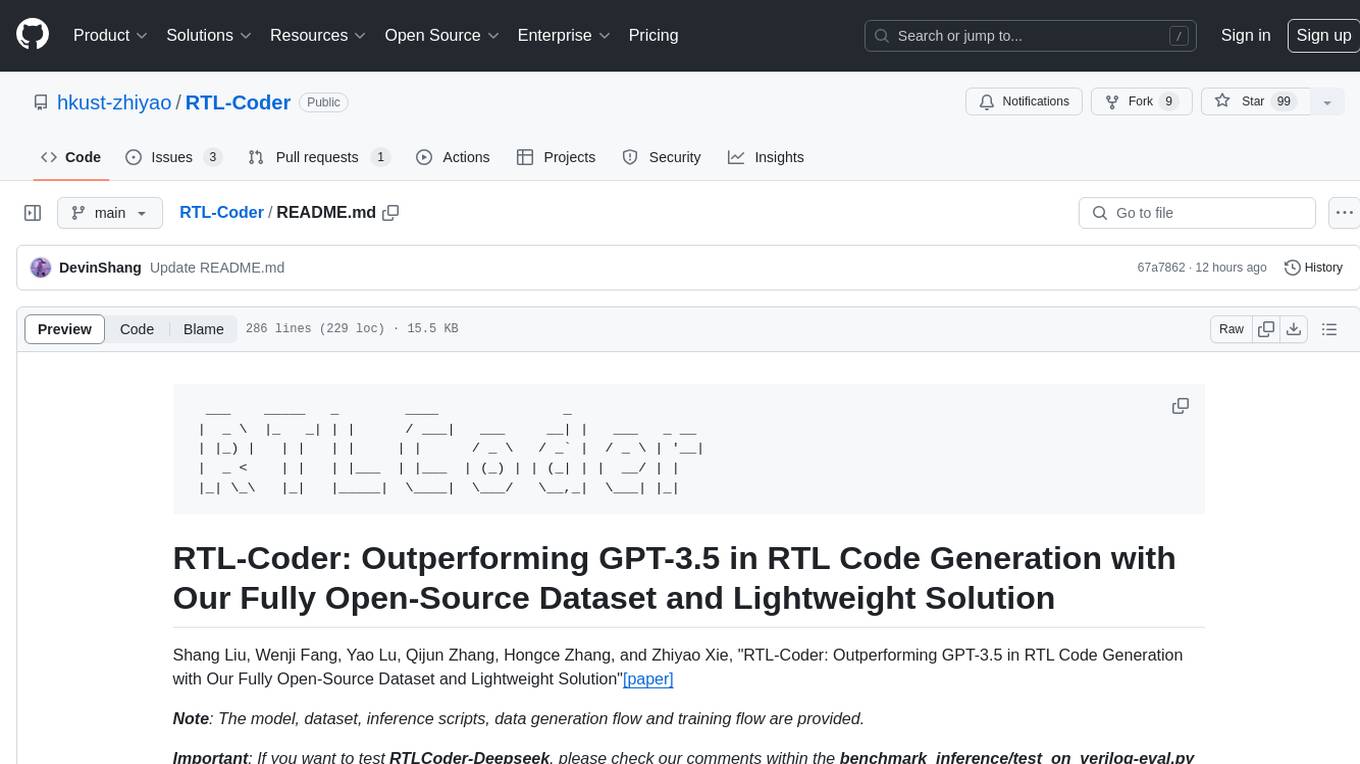Best AI tools for< Ic Design Engineer >
Infographic
2 - AI tool Sites

IC Light AI
IC Light AI is a free online tool powered by cutting-edge AI technology that offers revolutionary tools for controlling and manipulating image lighting. Users can easily transform and control image lighting using text prompts or background images to achieve perfect illumination and consistency in their photos, particularly portraits. With IC Light AI, users have unmatched freedom in lighting adjustments, enabling precise control to match new environments. The tool utilizes advanced deep learning techniques to provide users with effortless crafting of beautifully illuminated results with remarkable ease.

Dreamphilic
Dreamphilic.com is a website that provides a comprehensive guide on choosing the right electronics distributor. The site offers strategies for evaluating distributors based on quality, pricing, and continuity, with tips for managing IC Chips and ensuring resilient sourcing. It emphasizes the importance of distinguishing between authorized and independent channels, quality assurance for sensitive devices, and commercial terms for staying on track with build plans. The platform aims to help optimize AVL, suggest drop-in replacements, and proactively flag PCNs and lifecycle transitions to reduce total cost of ownership and improve supply continuity and product reliability.
1 - Open Source Tools

RTL-Coder
RTL-Coder is a tool designed to outperform GPT-3.5 in RTL code generation by providing a fully open-source dataset and a lightweight solution. It targets Verilog code generation and offers an automated flow to generate a large labeled dataset with over 27,000 diverse Verilog design problems and answers. The tool addresses the data availability challenge in IC design-related tasks and can be used for various applications beyond LLMs. The tool includes four RTL code generation models available on the HuggingFace platform, each with specific features and performance characteristics. Additionally, RTL-Coder introduces a new LLM training scheme based on code quality feedback to further enhance model performance and reduce GPU memory consumption.